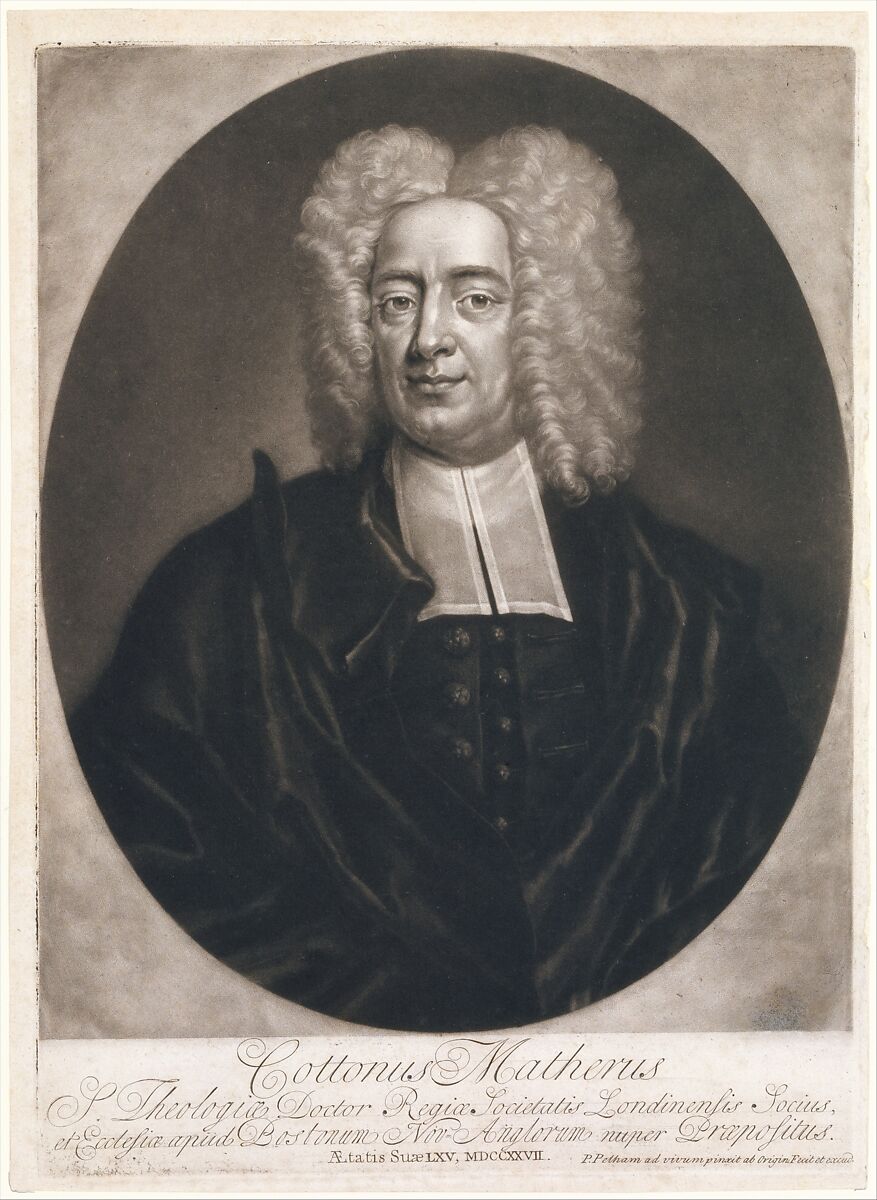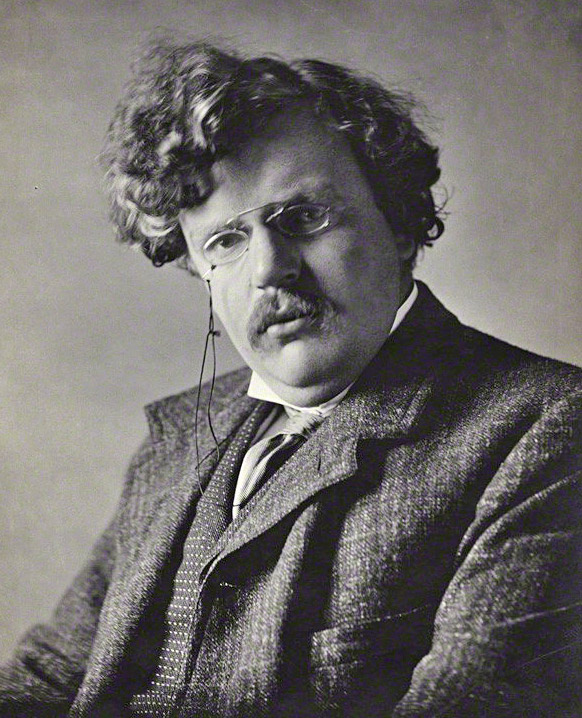Classical Christian educators often refer to a G. K. Chesterton quote about education really being “a transfer of a way life.” What we’re all working together to do at Trinitas is to create a Paideia of God, a culture in which the things of God are the things we think, say, and do. We want to, and want our children to, think God’s thoughts after Him, to speak and sing His word, and to do what His word commands. This is the transfer we’re hoping for.
In John 14:15, Jesus tells his disciples, “If you love me, keep my commandments.” He does not offer them a points system wherein they might earn rewards for keeping commandments. He does not offer them 100 points for loving God and 90 for loving neighbor and another 50 for not coveting so they can earn their way to heaven. He says simply, “If you love me, keep my commandments.” There is no bargaining, no threatening, but a simple invitation to prove love through obedience. The invitation is valid for us as well.
Topics: Blog Posts, Parenting, Christian Education, Christian Living
Nearly twenty-five years ago a handful of Christian parents decided they wanted a better education for their children than what was available to them. Trinitas Christian School was born out of the initiative they took to solve that problem. All these years later, parents are still making Trinitas what it is. As we wind down a busy spring semester, filled with events led and staffed by volunteer parents, and head into the summer, it is good to pause here and thank our parents who make Trinitas possible.
Topics: Blog Posts, School Life, History, Parent Involvement
A quality that is disappearing from the world is the ability to see and understand what lies beneath the surface of an issue. People seem increasingly content to swallow headlines hook, line, and sinker as if the story could be no deeper than the tallest letters in bold print. This sort of naivety is the very thing that makes a people easily manipulated or even oppressed.
Topics: Blog Posts, True Education, Social Issues
Christians are people of the Resurrection. Without it, Paul says, “We are of all people most to be pitied” (1 Cor. 15:19). We can be confident that we are eternal beings, that Christ has conquered death and the grave, and that to be absent from the body is to be present with the Lord. We will at our deaths be present with our Lord and Savior because we are people of the Resurrection. But what now? How should we live in light of this truth? To put it plainly, the Resurrection should change the way we approach all of life!
Topics: Blog Posts, Scripture, Christian Living
The conversation at Parent Traditio this month centered on twenty-one resolutions penned by the early American Congregational minister Cotton Mather entitled "A Father's Resolutions." Each resolution contains practical guidance for Christian parents who aspire to - with God's grace - raise their children in the paideia or nurture and admonition of the Lord.
The original text is available here but the text below has been modernized by the folks at The Cross Church of Pensacola and is available on their blog here.
Topics: Blog Posts, Parenting, Christian Education, Christian Living, Parent Involvement, Virtue
G.K. Chesterton is responsible for one of my favorite quotes about education. He wrote,
“Education is not a subject and does not deal in subjects. It is instead a transfer of a way of life.” What we are trying to do at Trinitas is transfer a way of life to our students, a paideia, a way of being distinctly Christian in a world that seems increasingly hostile to that."
Topics: Blog Posts, Classical Education, Christian Education, True Education
The Wiseman’s Folly: A Reflection on Foolishness and Wisdom
(This essay was written by Trinitas senior Claire McNeill and published recently in Classis: The Journal of Classical Christian Education.)
What do we picture when we think of a wise man? The image we typically conjure up is a man who is reputable, well-respected in his community, and sought by all for his sagacity. He is a man of considerable rank and influence. In most of our imaginings, he is surrounded by wealth, like Solomon or the Magi. In contrast, what do we picture when we think of a fool? One who is laughed at, scorned; when he is not ignored, he is either despised or held as ridiculous. These associations are firmly fixed in the minds of men; folly and wisdom are the difference between a child and a man, a jester and a king.
Topics: Blog Posts, Scripture, True Education, Christian Living

.jpg)



.jpeg)




